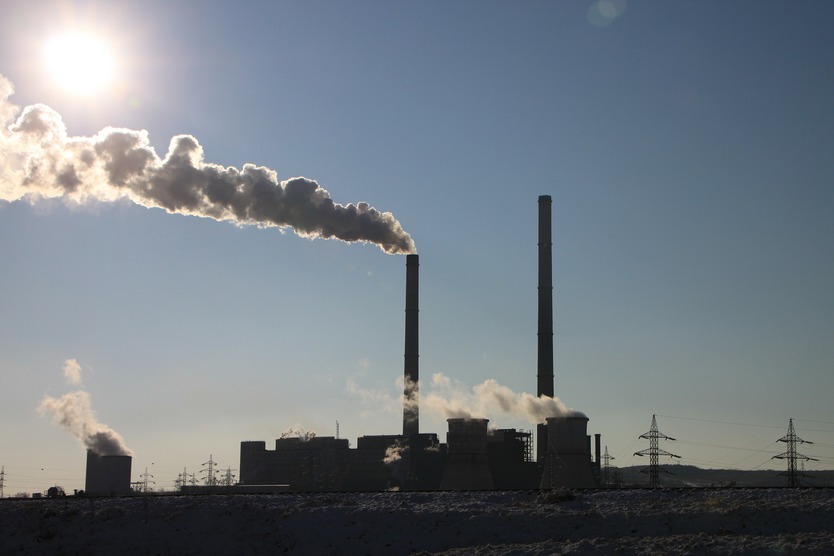
The Mark 51º7 science and innovation park will be one of the largest ‘new energy’ communities in Germany.
© Pixabay
An 820-metre-deep borehole recently completed in Bochum, North Rhine-Westphalia, will shortly begin pumping hot and cool water to supply a brand-new industrial estate on the ground. The Mark 51º7 science and innovation park, covering 70 hectares, will be one of the largest ‘new energy’ communities in Germany. It’s estimated the geothermally heated water from the former Dannenbaum mine will cover more than 75 percent of the park’s heating and cooling needs.
The development follows extensive exploration by the Fraunhofer Institute for Energy Infrastructures and Geothermal Energy (IEG) with the Helmholtz Association and FUW GmbH, a subsidiary of the local utilities provider. The first borehole was drilled in February to a depth of 340 metres and will supply cool water at 18ºC for air conditioning and cooling. The mine water from the deeper borehole has a temperature of 30ºC, which will be raised to 45ºC by heat pumps before being fed into the heating network, with any additional heating needs supplied by Stadtwerke Bochum.
“Geothermal energy combines all the characteristics we need for a future-proof location, because it is sustainable, regional, weather-independent and independent of raw material imports such as oil and gas,” says Professor Rolf Bracke, head of Fraunhofer IEG, in a press release. “We are pleased to be able to make this supra-regional, exemplary contribution to innovation together... thus combining geothermal energy, heating networks, underground storage and large-scale heat pumps in a showcase project for the municipal heat transition in Germany.”
The ‘5th generation’ energy concept will reduce the park’s CO2 emissions by an estimated 3,200 metric tonnes per year, compared to using conventional heating and cooling. Mark 51°7 is partly funded by the BMWK funding program Heat Networks 4.0 and supported by the EU Interreg program northwest Europe.


